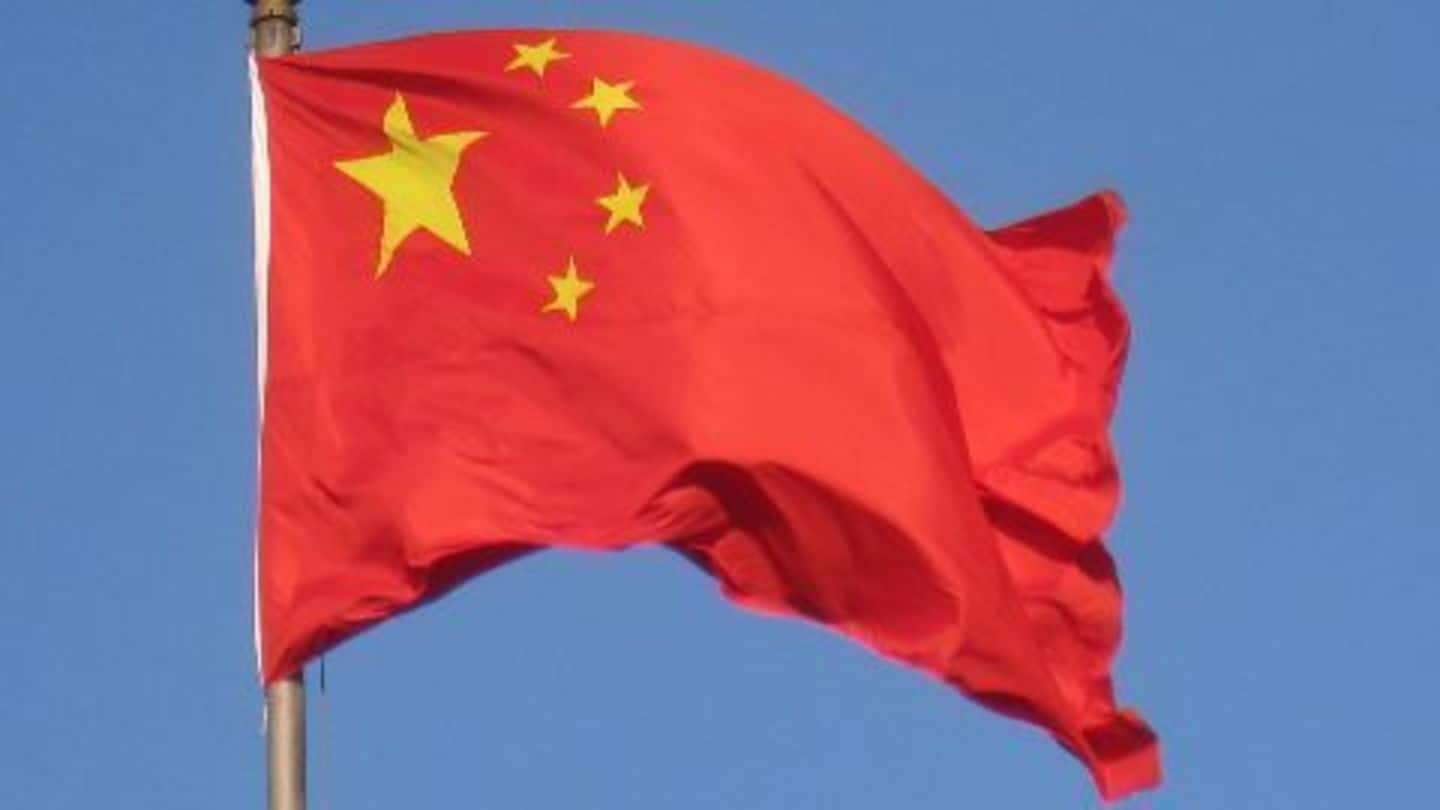
Chinese government tries to control the Tianjin situation
What's the story
The government stepped in to control the reaction to the Tianjin blasts in China. With bodies piling up and people queuing up to donate blood, people took to social media to criticise the government for inadequate actions taken. Officials reacted by deleting critical comments, assuring people that there was no threat of contaminated air and said that emission levels had dropped to safe limits.
13 Aug 2015
Tanjin wakes up to large scale destruction
The port city of Tianjin, China, experienced a major blast at the site of Ruihai International Logistics. The company situated in the warehouse district of the city, stores and unloads hazardous cargo. The blast killed 50 people, injured 500, many critically, and left others unsure of whether the air they were breathing was safe. There were no comments from Ruihai and calls went unanswered.
Information
What does Ruihai International Logistics do?
Ruihai is a four year old company which stores toxic industrial chemicals, including sodium cyanide, toluene diisocyanate, calcium carbide and has a license to keep combustible substances such as compressed and liquefied natural gas.
13 Aug 2015
The widespread effects of the blast
The blast was so powerful that it blew in apartment windows and doors a mile from the site of the company. Tianjin was left devastated, with vast burned out parking lots of cars, clouds of gray smoke and apartments blown out. The fires were still blazing on Thursday afternoon; unsure of the nature of the blaze, Tianjin officials decided to let it burn out.
13 Aug 2015
Greenpeace warns of health hazards
Greenpeace raised concerns over the health hazards posed by the chemicals which were being stored by Ruihai. Sodium cyanide, which is a compound used in mining, is a very toxic substance; toluene diisocyanate is known to be a carcinogen and highly explosive in nature. They raised fears that these pollutants could seep into groundwater, since rain has been forecasted for Friday.
13 Aug 2015
Has the government not been careful enough?
The knowledge that Ruihai was storing such dangerous substances so close to the residential district of Binhai has raised the question of the governments' culpability. From August 6th reports, it seems that Tianjin officials were not blind to the risks posed by Ruihai and other chemical companies. They had met with them to ask them to take special care in view of the heat.
13 Aug 2015
The public reacts to the blasts
The public is unhappy that people living nearby the site of Ruihai were not warned before, in which case they would have taken measures to evacuate. People ridiculed Tianjin's mayor, Huang Xingguo, and President Xi Jinping, who expressed support for the rescue team and received huge coverage. A journalist said that his channel was prevented from using information they had gathered from field reporters.